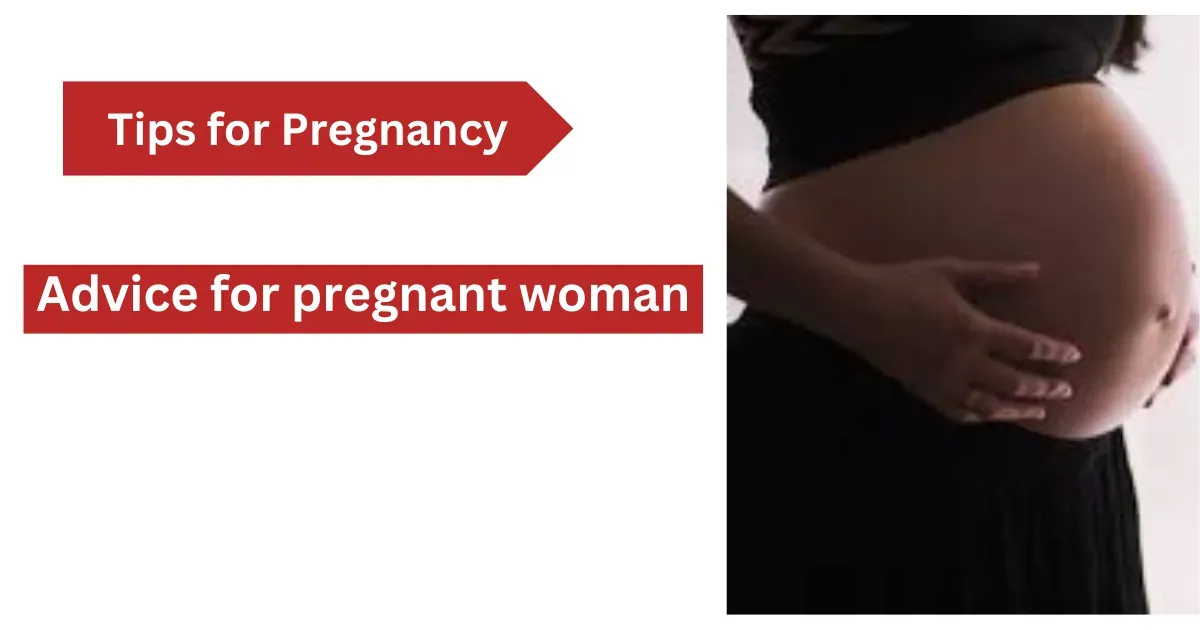Congratulations!
For the first time in this article, I will give some advice and tips for easy
management during pregnancy. Most importantly, as a as a first-time mom, you
should know some essential tips. I have a lot of experience, so I will give
useful tips one by one below.
1.
Attitude
If the
thought of having a baby is a little frightening, you’re not alone. Most
parents who find themselves experiencing moments of incredible joy alternative
to feelings of doubt shouldn’t be alarmed. After all, your entire family
situation is about to undergo a dramatic change.
2. Health
Keeping
yourself in good health during pregnancy (like all other times) is very
important, both for you and your developing baby. Once your pregnancy is
confirmed, you should visit your doctor once a month to check on your general
health, blood pressure, and weight. During the final months of pregnancy, your
visits should be more frequent.
Being
pregnant does not mean you must curtail your normal activities. In fact,
moderate activity will help you maintain your body in its best physical
condition.
3. Sexual
Relation
Your
doctor will advise you about sexual relations during pregnancy. Intercourse is
usually safe until the last six to eight weeks.
4. Exercise
Relation
Moderate
exercise under your doctor’s guidance can be beneficial during pregnancy since
it contributes to overall muscle tone and good posture. Of course, each
pregnancy is different, and therefore you should check with your doctor before
engaging in any strenuous activity.
If you
are employed, ask your doctor when it would be best to stop working. Generally,
your health and progress during pregnancy will determine this. If you plan to
return to work after your baby is born, ask your doctor how soon you can do so.
5. Rest
and sleep.
As your
pregnancy advances, you will tire more easily. It is important to get enough
rest and avoid any strenuous activity, especially during the final months. Take
the time to lie down or to rest with your feet up whenever possible. A regular
nap in the afternoon is also a good idea. Try to get eight hours of sleep each
night.
6.
Bathing
Tub baths
are permissible until the last two months of pregnancy, after which you should
probably take showers or sponge baths. Your genital area should be cleansed
gently, without the use of douches unless specifically recommended by your
physician.
7. Drugs
During
your pregnancy, especially during the first three months, try to avoid the use
of any medication unless it has been prescribed by your doctor. The use of
alcohol and cigarettes is also not recommended for pregnant women.
8. Drugs
Proper
dental care is very important during pregnancy. Brush your teeth thoroughly
after each meal, and continue to see your dentist regularly. Remember to inform
your dentist that you are pregnant during your first visit.
9. Skin
During
pregnancy, your body goes through some rather complex hormonal changes that can
affect your overall physical appearance. Often, a problem complexion will clear
up, although it is not unusual to develop very clear skin at some point during
your pregnancy.
10. Hair
During
pregnancy, dry hair may develop a shine and grow faster and thicker than
before. On the other hand, some women made their hair excessively oily. After
the birth of your baby, you may experience some hair loss. This is normal and
is due to changing hormonal levels. New hair growth will occur within a few
months.
11.
Clothes
You
should choose clothing that is loose, adjustable, and practical. Brassier
should give your breasts firm support without constricting them or flattening
the nipples. Round garters, belts, or other tight-fitting elastic garments
should never be worn.
12. Shoes
Your feet
are very important, and care and attention to your feet are most important
throughout the whole duration of pregnancy. Your shoes should be low but not
completely flat, and they should provide support and comfort.
13.
Travel
If
possible, try to avoid long trips, especially during the early and late months
of pregnancy. If you must travel, it is advisable to take the most comfortable
means available. If you travel by automobile, be sure that the driver and all
other passengers always use safety belts, both lap belts and shoulder
harnesses. For the protection of you and your baby, sit tall and place the lap
belt as low as possible on your hips, under the baby.
14.
Dreams
Most
women dream more when they are pregnant than they are accustomed to. Although the
exact reason for this is not known, it is probably associated with a change in
sleeping pattern that results in lighter sleep and ‘waking dreams’ No
importance should be attached to this phenomenon, and such dreams certainly
have no profound meaning or significance.
15. Fresh
Air
There are
several advantages to breathing fresh air. Taking a short walk outside
certainly does no harm, and if you have been sitting around most of the day, it
certainly does quite a lot of good.
16.
Packing your suitcase
If your
baby is to be born in the hospital, you should have a suitcase packed and ready
with all the items you will need during your stay. This should be prepared at
the beginning of the ninth month or even sooner than that. You might want to
take some of the following items with you to the hospital: nightgowns,
slippers, nursing bras, sanitary belts and pads, garments, baby blankets,
diapers, etc.



.webp)



